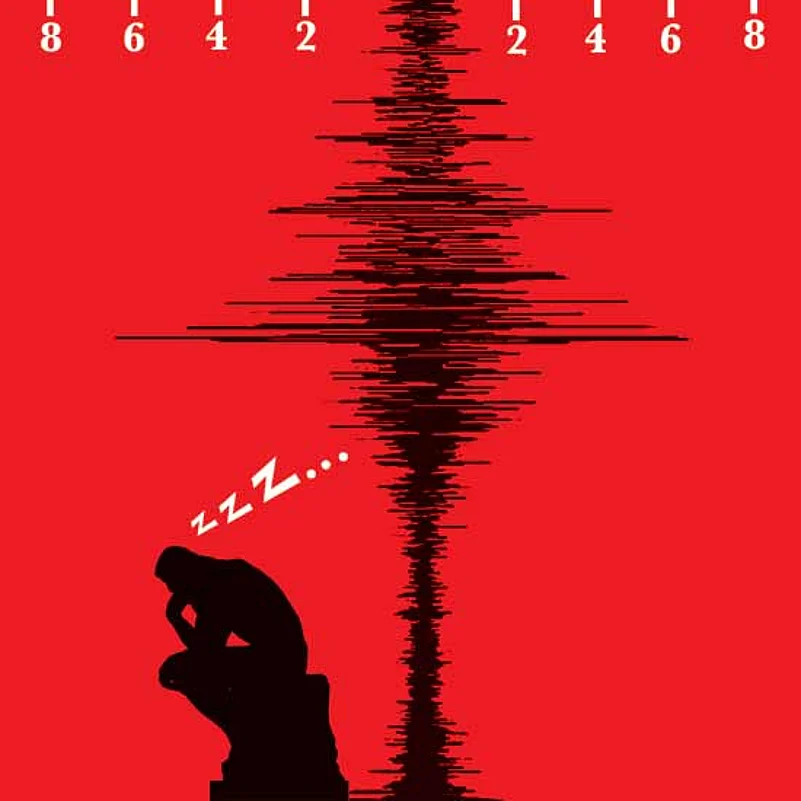On March 11, Japan’s north-eastern coastal area was struck by a devastating earthquake of magnitude 9, which triggered a powerful tsunami with 10-metre high waves. Ten thousand people are reported dead, 17,004 more are missing and economic losses are estimated to be a staggering $300 billion-plus. The crisis in the Fukushima-Daiichi N-reactors continues unabated, prompting evacuation of people from within 12 km of the plant because of radiation levels.
Even in the face of this calamity, Japan has coped rather well with the earthquake-related risks. This is because of the efficacy of its strict compliance regime on building codes and an efficient online early warning system, which minimised the damage to buildings and infrastructure and saved countless lives. Where does India stand in terms of preparedness?
The disaster management authorities, set up at state and district levels following the Indian Ocean tsunami, have done a substantial job but are finding progress agonisingly slow due to certain systemic weaknesses. To begin with, the pluses first. A state-of-the-art tsunami warning centre is already there in Hyderabad. A ‘Policy on Disaster Management’ has been enunciated. Eighteen elaborate guidelines covering all natural and man-made disasters have been issued down to district levels for implementation. A World Bank-aided Cyclone Mitigation Project, with a starting outlay of Rs 1,800 crore, has been approved. A sound beginning has been made towards better medical preparedness; requisite funds have been allotted for improving fire-fighting capabilities at the municipality level. Most importantly, a well-equipped, dedicated National Disaster Response Force of over 10,000 personnel has been operationalised.
Earthquakes are our greatest worry. Experts in seismology agree that a major earthquake in the Himalayan belt is a live possibility in the not-too-distant future. Some 229 districts fall under Zones IV and V. Guwahati and Srinagar are in Zone V, Delhi and Chandigarh in Zone IV, and Calcutta, Chennai and Mumbai in Zone III, which reflects the high level of risks these cities are exposed to.
Yet some very serious shortcomings persist. The enforcement and compliance on quake-resistant building codes for built environment is woefully lacking because of vested interests. Studies have shown that in case of a 7.5/8-plus Richter magnitude earthquake scenario in cities like Delhi and Mumbai, tens of thousands of buildings would collapse and hundreds of thousands face serious structural damages.
A structural safety audit of all old critical infrastructure facilities like dams, power supply/telecom facilities, flyovers, railway lines and bridges is warranted on top priority so that they can be seismically strengthened and retro-fitted on an urgent basis. Also, risk assessment and vulnerability analyses need to be expeditiously completed countrywide. And urgently needed is a ready reserve of stores—tents, blankets, water, power etc—to meet the requirements of the 3-4 lakh displaced people in the wake of a major disaster.
The fact that a large number of mitigation projects—like on earthquake mitigation, school safety, fail-safe communication etc—still await government approval reflects the grave functional problems and a time-loss which we can ill-afford. The existing approval system needs to be re-examined, and the Rs 25,000 crore required for these projects over the next five years must be cleared.
The proposed safety audit of all our N-plants should involve independent experts from outside the atomic energy establishment. The current thinking of multiple reactors at one site needs to be re-examined from the safety angle and the plants located a minimum of 10-15 km away from the coastline. The Atomic Energy Regulatory Board must be made more autonomous. Finally, we as a nation must take another well-considered call on the usefulness of nuclear energy, especially because of its attendant risks.
Our preparedness deficits do warrant overriding attention. We now know the path to be traversed and the strategy stands to be evolved, but we need to shift to top gear to save lives, as the clock is ticking. The government needs to exhibit the political will to take firm decisions like enforcement of building codes, compulsory drawing up of town planning plans and implementing them, and also include the subject of disaster management in their ‘National Priority Agenda’. Finally, it is important that the disaster management authorities, at all levels, are provided with genuine teeth, functional autonomy and requisite financial back-up as they completely lack these today.
(Gen N.C. Vij is a former chief of army staff and founder vice-chairman, National Disaster Management Authority)


























